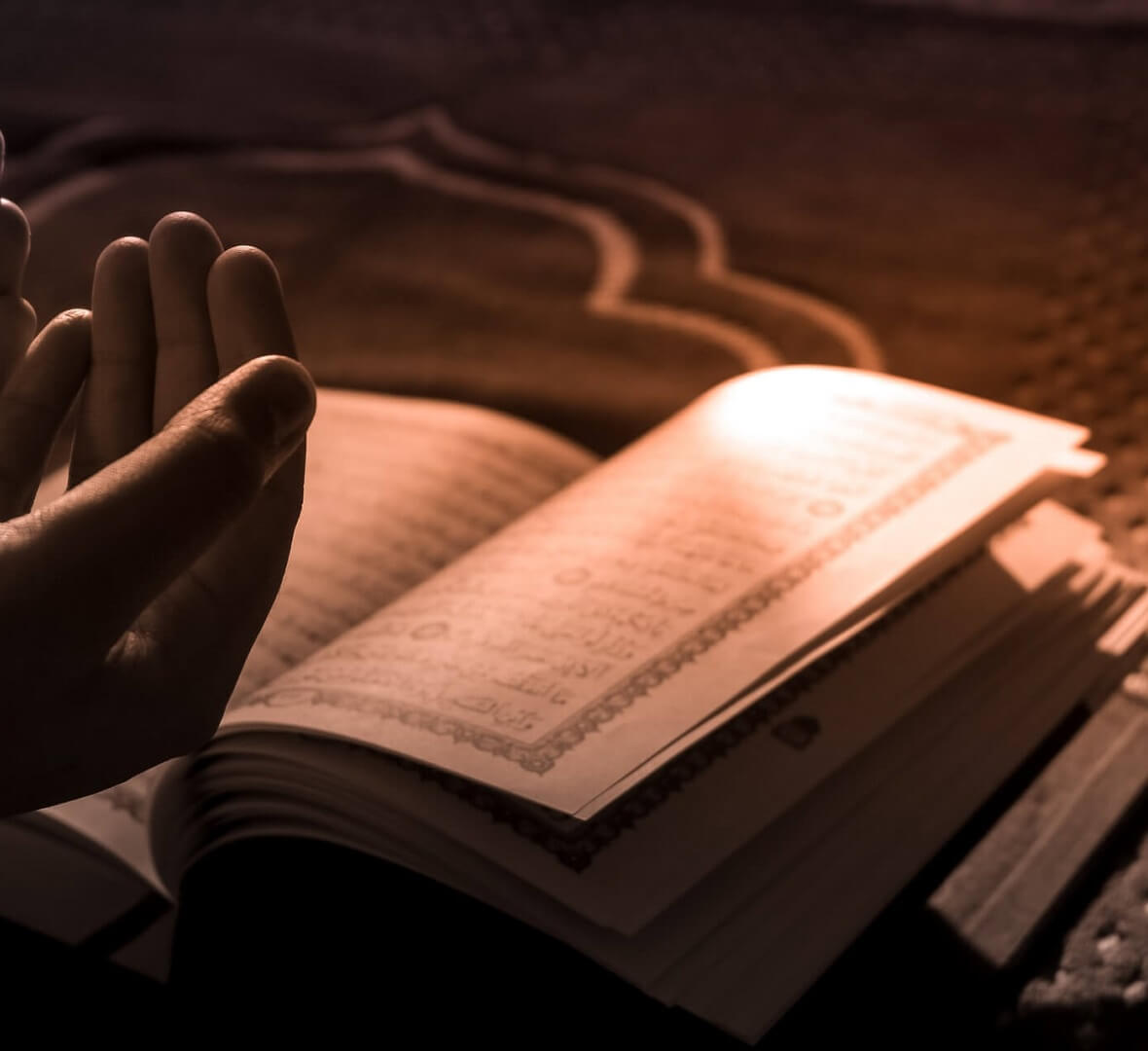وَإِن تَعُدُّوا نِعْمَتَ اللَّهِ لَا تُحْصُوهَا
“[…] and if you should count the favor of Allah, you could not enumerate them,” (14:34).
As an ardent nature lover and conservationist, I ponder upon this ayat each morning in my rendezvous with nature. As I look up at the sky to see the enumerable birds that migrate to various places for their food and breeding I wonder “Who provides them the strength to fearlessly fly at incredible heights and traverse long distances? Who guides and directs them to their destination across seas and oceans?
The trees are full of sparrow nests, nests that are at various stages of construction, some green and active and some brown and abandoned. They fly everywhere in search of the right twigs and grass blades suitable for their nests. If we humans were to build bird nests we would need a lifetime of training, what with the number of designs, sizes, and shapes that exist. SubhanAllah!
إِنَّ فِى خَلْقِ ٱلسَّمَـٰوَٰتِ وَٱلْأَرْضِ وَٱخْتِلَـٰفِ ٱلَّيْلِ وَٱلنَّهَارِ لَـَٔايَـٰتٍۢ لِّأُو۟لِى ٱلْأَلْبَـٰبِ
“Indeed in the creation of the Earth and the Heaven, the alteration of the night and the day are signs for the people who understand” (3:190)
What Does Quran Say About Nature?
The Holy Quran has 6,666 verses or Ayats. The meaning of Ayat is ‘sign’ or ‘evidence’. Every single element in nature is a sign or evidence. While Ayats or signs in the Quran are finite, the Ayats or signs outside of the Quran are infinite. All human beings together can never be able to count the infinite number of creations that exist outside the human world. Our religion guides us to see, recognize and appreciate these signs of Allah, Al Khaliq the Creator, Al-Bari the Producer, and Al Mussawir the designer.
سَبَّحَ لِلَّهِ مَا فِى ٱلسَّمَـٰوَٰتِ وَمَا فِى ٱلْأَرْضِ ۖ وَهُوَ ٱلْعَزِيزُ ٱلْحَكِيمُ
“Whatever is in the heavens and whatever is on the earth exalts Allah, and He is the Exalted in Might, the Wise” (59:1).
As an early riser, I wake up around Fajr, mostly before Fajr. This is to me the best time of the entire 24 hours. The air is fresh and the breeze is cool. It is neither too dark nor too bright. The air is filled with the music of the creations. The atmosphere is perfect in every way, a treat to our senses, and apt for any meditator. With my eyes closed, I try to concentrate on the music of the creations. The insects, the birds, the breeze, etc. are busy doing the Tasbeeh to their creator. It’s about time for Fajr! The more I ponder upon the creations the more I want to get lost in their beauty.
“If you want to see me and feel my existence, then look at nature. Look at the things I have created,” says Allah SWT in His book. There can’t be a better way to connect with Him.
وَأَوْحَىٰ رَبُّكَ إِلَى ٱلنَّحْلِ أَنِ ٱتَّخِذِى مِنَ ٱلْجِبَالِ بُيُوتًۭا وَمِنَ ٱلشَّجَرِ وَمِمَّا يَعْرِشُونَ
“And your Lord inspired to the bee, Take for yourself among the mountains, houses, and among the trees and [in] that which they construct.” (16:68)
I have had 15 beehives in my tiny little garden in the last 7 years, I see them often buzzing around my terrace in the fruit trees. They choose spots that they consider safe, they make their hives and store the honey for their little ones, and suddenly one day they just leave leaving behind the hive. To burn them and to stay away from them is the advice every person gives, but honestly, I never felt threatened by their presence.
On the contrary, their presence has increased the fertility of my garden phenomenally. Our existence on this planet is dependent on the existence of bees. Perhaps that’s why Allah has dedicated an entire surah for Bees in the Quran, Surah Nahl.
Allah describes the significance of ants in Surah An Naml. Allah takes the oath of the earth, the heavens, the Sun, the Moon, the stars, the mountains, the figs…almost all his creations in nature. This significance of nature in Islam was evident 1400 years ago.
فَبِأَىِّ ءَالَآءِ رَبِّكُمَا تُكَذِّبَانِ
“Which, then, of your Lord’s blessings do you both deny?”
This well-known verse from Surah Rahman is repeated 31 times in the Surah, just to emphasize and remind us to be grateful for the uncountable creations and blessings Allah Subhana wa tala has bestowed upon us.
Related: Know the meaning of Fabi Ayyi Ala I Rabbikuma Tukazziban
We all know that the Holy Quran is a book of guidance and wisdom. Every member of this Ummah is a Khalifa (representative) on earth from Allah SWT, and it is incumbent upon each of us to be extremely mindful of each and every creation, and resource that are Niyamah or blessings from Allah SWT. Allah is Al-Wahab, the Gifter who has gifted us with an abundance of creations for our happiness and comfort. Hence every Muslim has a moral responsibility towards safeguarding His creations.
Every creation is a lesson for mankind. Every creation of Allah submits to the creator and works towards fulfilling the purpose of its creation. It is time we take a lesson from them. May Allah SWT guide us and help us in living purposefully. Ameen


